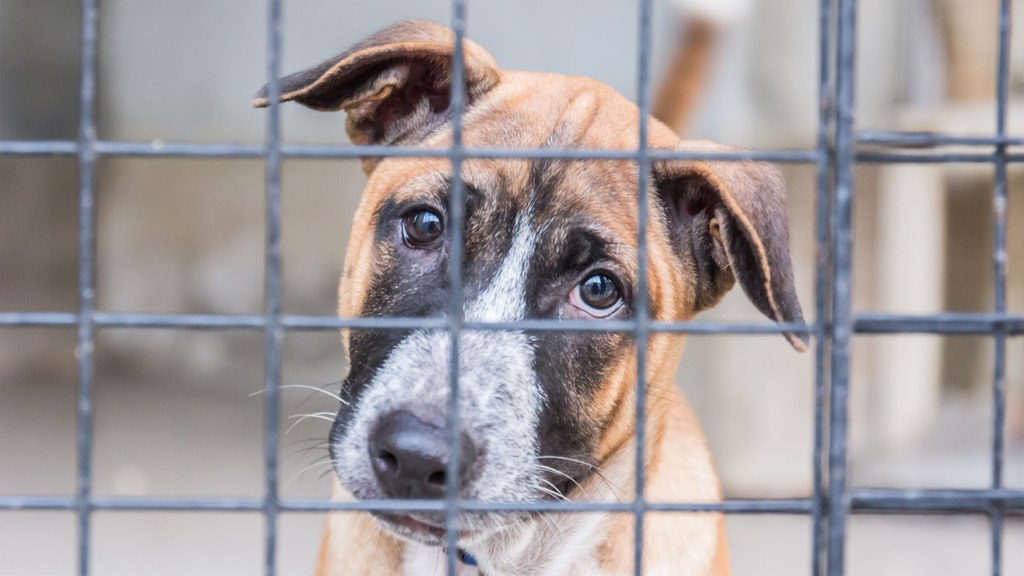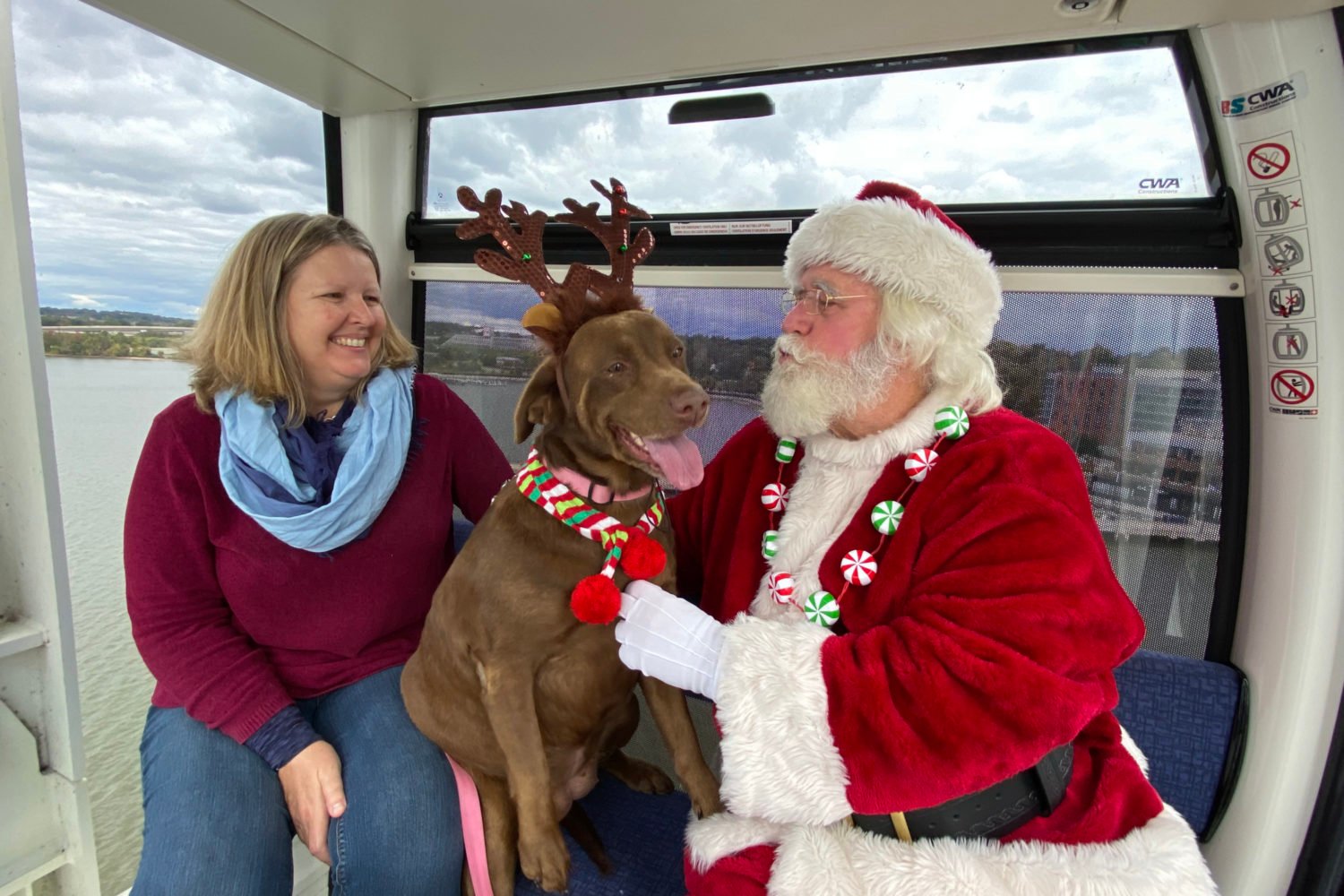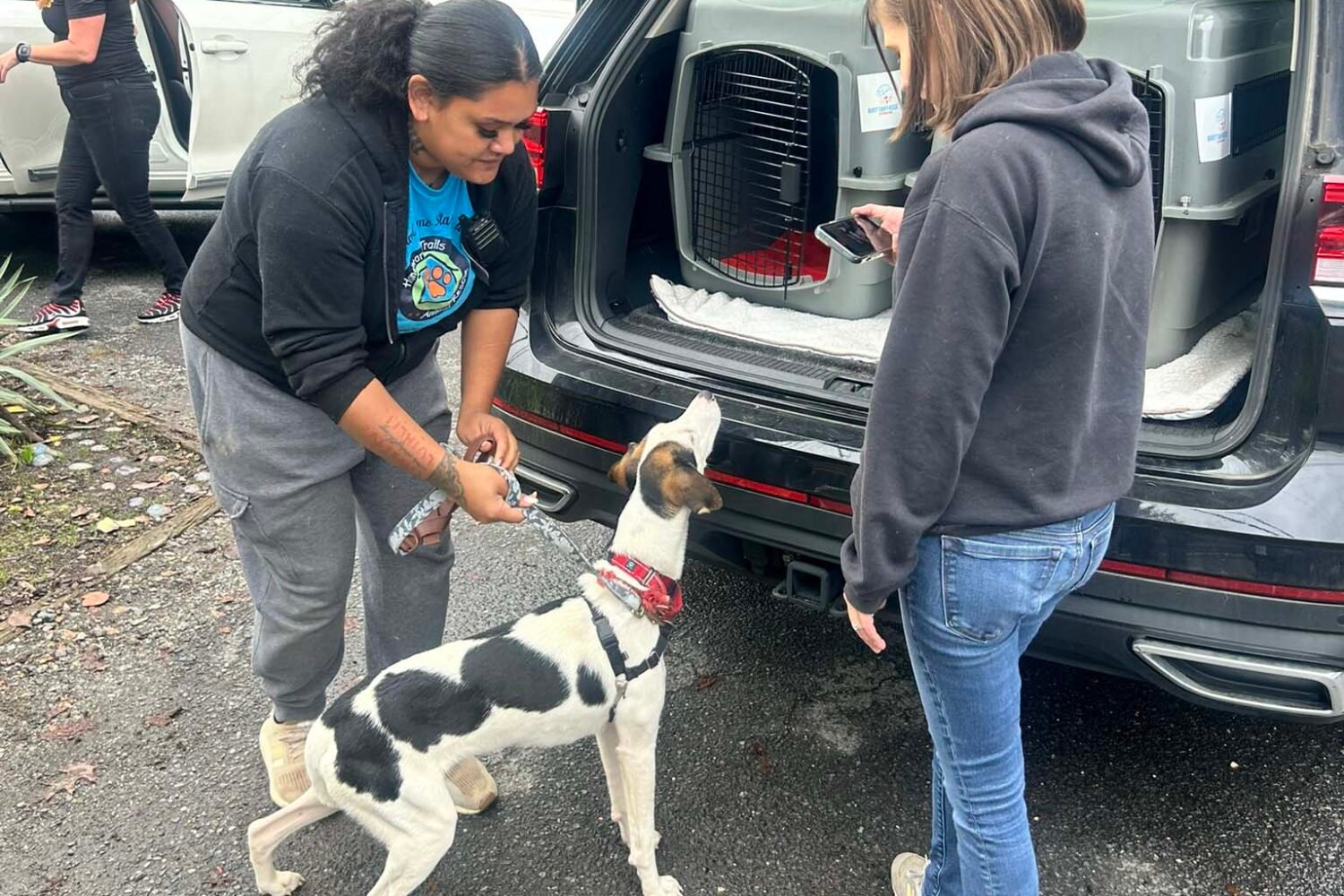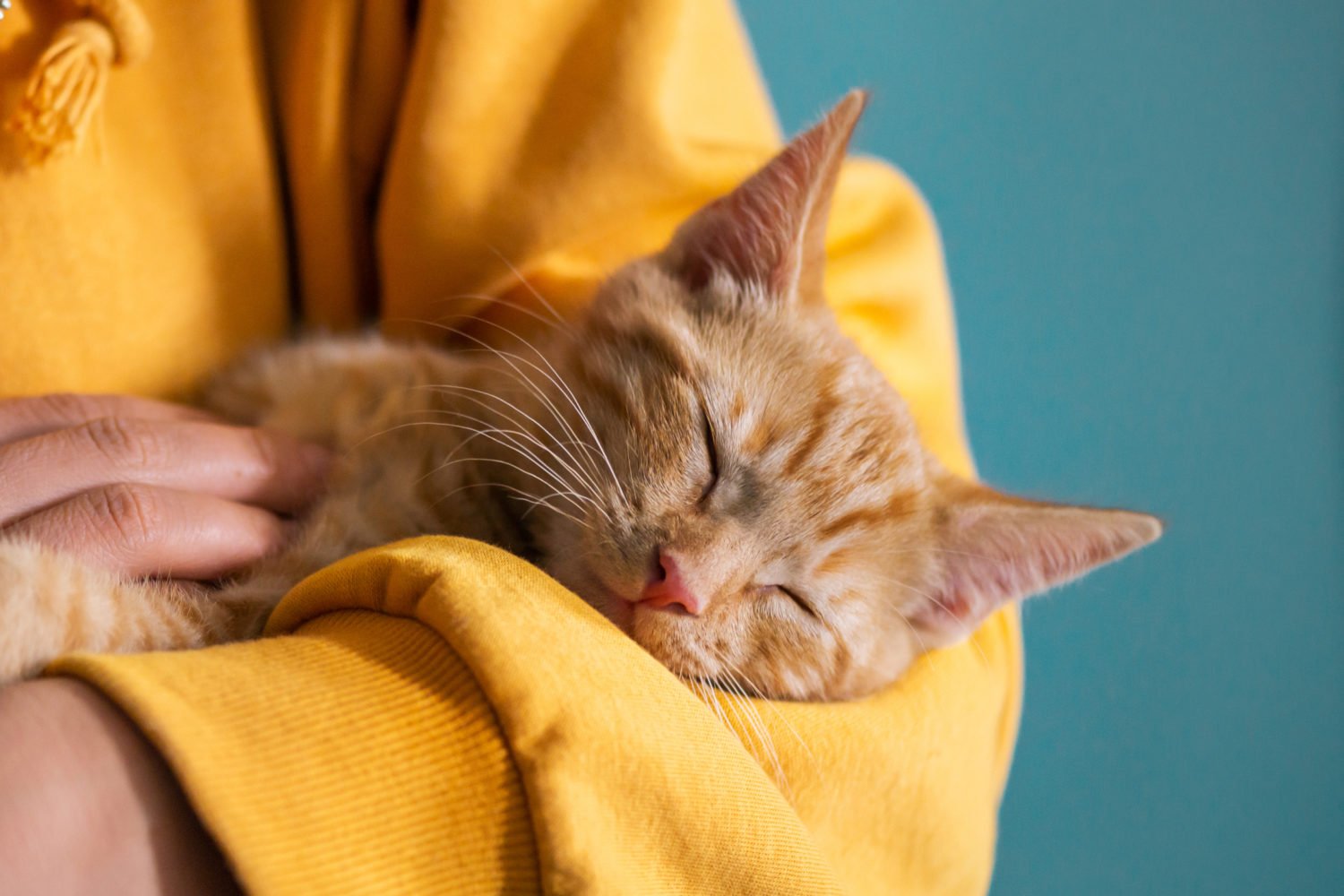The holiday season usually means time off from work and long breaks from school. Simply put, more people are home for more hours, making it an ideal time to integrate a pet into your home. It is, however, a really bad time to surprise someone with one. “Everyone wants a puppy in a box under the tree,” says Stephanie Rivero, Program Manager at Lucky Dog Animal Rescue in Arlington, but surprises are a bad way to bring in that sweet-faced mutt rescued from the side of the road during a snowstorm, or even a chatty cockatoo into your home. Here’s why.
1. It’s a long-term commitment
Nothing says “I love you” like “Here, take care of this domesticated animal for the foreseeable future.” Right? Nope. Most pets are a 15-20 year commitment, and if Spud lives longer than his humans’ relationship lasts, someone has to take responsibility when things go sour. And that someone is usually the person who signed the adoption papers, not the person unknowingly unwrapping a box poked with air holes.
The same goes for parents looking to adopt a pet and surprise their child. The legal guardian for the pet is most often a parent, says Lauren Lipsey, Director of Rehoming with the Humane Rescue Alliance (which does not allow pets to be given as gifts). An 8-year-old is probably going to leave Pound Cake behind when he or she goes to college, turning those after-school dog walks over to the parents.
And that cockatoo? It could live for 80 years and outlive all parties involved. You might even need to set up a pet trust.
2. Allergies
Sometimes, the recipient is allergic and doesn’t know it until Scout is in his or her arms. Around 10 percent of people are allergic to household pets, and cat allergies are twice as common as dog allergies, according to the American College of Allergy, Asthma and Immunology. The experts we contacted all agree that unknown allergies are an all-too common reason for pet returns, or surrenders.
3. Money
The gift of a pet also brings unplanned-for expenses for the recipient. According to a recent survey of pet owners by American Pet Products Association, the cost of owning a pet is usually over a grand for one year. Dogs typically cost more than cats, at $1,641 per year, compared to $1,125. This amount covers routine expenses—food, rabies shots, toys—and minor emergency surgery. It does not cover more extreme, life-saving surgeries, like a kidney transplant for, say, one of the fluffy cats, which could run around $30,000 (really), a cost that could have been abated by the purchase of pet insurance.
According to Amy Bandyk, executive director of DC’s City Dogs Rescue, the most common expense people don’t factor in is dog training, which City Dogs and many other area rescues require for first-time adopters. Training can run anywhere from $600 for six sessions, to $100-200 an hour for an in-home trainer (some rescues do offer income-based programs).
4. You’re not on the same page
Despite the best intentions, sometimes things just don’t work out. “We’ve had parents whose kids are afraid of the dogs when they meet them, or the husband brings home a puppy for the wife, and the wife doesn’t want it,” says Bandyk. “As a result, you see many sad, preventable returns.” To avoid this, bring everyone into the shelter together, and decide together that you’re ready to adopt.
Lipsey encourages parents to give their children “pet IOUs” as gifts, and also recommends having the whole family come into the shelter, stressing the importance of making the best match possible, especially since animals can be unpredictable with children under 12. (Here’s a list of rescue organizations you can visit.) At Humane Rescue Alliance, 50 percent of dogs and 65 percent of cats are strays, “so their history with us really starts the day we meet them,” she says. “We put a lot of trust in our adopters, and they put a lot of trust in us.”
5. It’s a lifestyle change
If you and your significant other enjoy happy hours, or work long hours, or frequently travel, plan to hire a dog walker or cat sitter. Most shelters require there to be a contingency plan in place for circumstances such as these (also an added expense).
Someone has to take responsibility for walking the dog, teaching it where its bed is, using toys to associate “good” with “you,” the new owner. For the most part, these animals have been living in cages, and now are being overwhelmed with new spaces. Sometimes they even have to learn new names. “These animals have been through so much change,” says Lipsey. “Take it slow.”



















